The Unholy Trinity: Unmasking the Islamist-Communist-Missionary Nexus Undermining India's Unity
07 Jun 2025 12:31:28
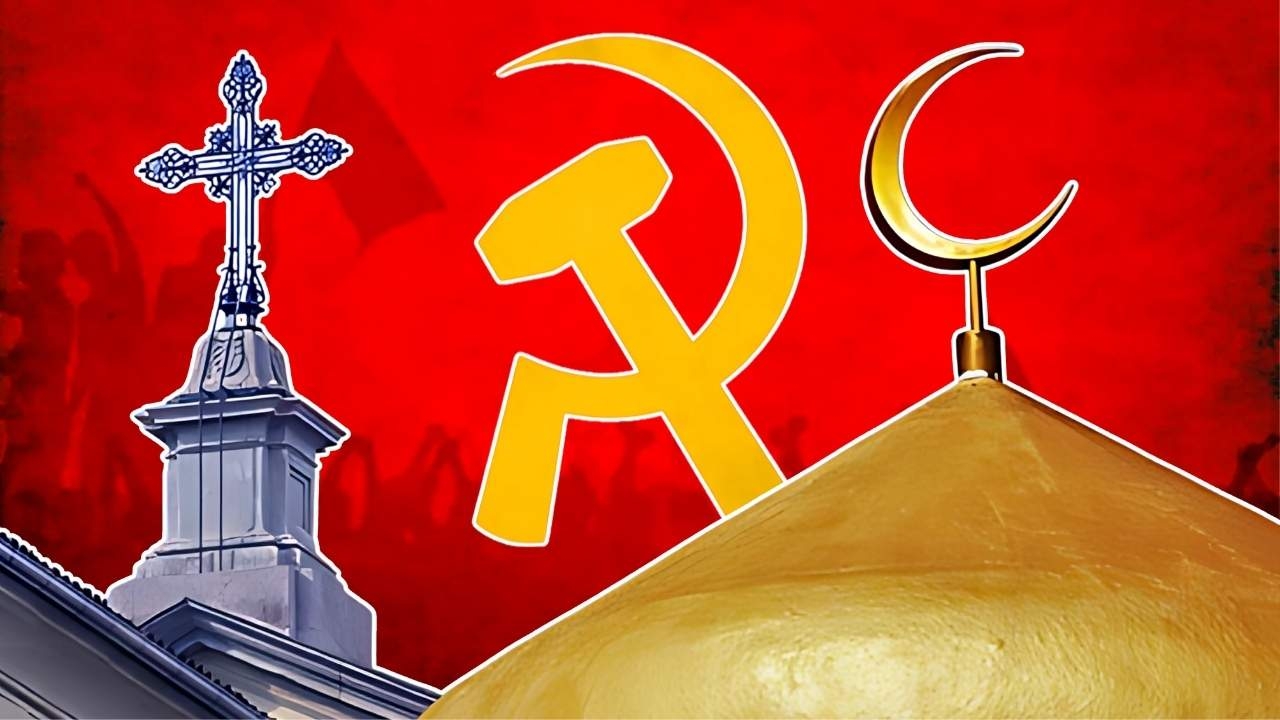
In the intricate tapestry of India's socio-political landscape, a clandestine alliance among Islamist radicals, Communist ideologues, and Christian missionary organizations has emerged, posing a significant threat to the nation's unity and secular fabric.
This triad, operating under the guise of social reform and minority rights, has been implicated in activities that undermine national integrity and fuel communal discord.
The Islamist Agenda: A Quest for Theocracy
The Popular Front of India (PFI), an organization banned by the Indian government for its involvement in terror activities, has been at the forefront of promoting an Islamist agenda.
Reports indicate that PFI aimed to establish Islamic rule in India by 2047, leveraging foreign funding and radicalization strategies.
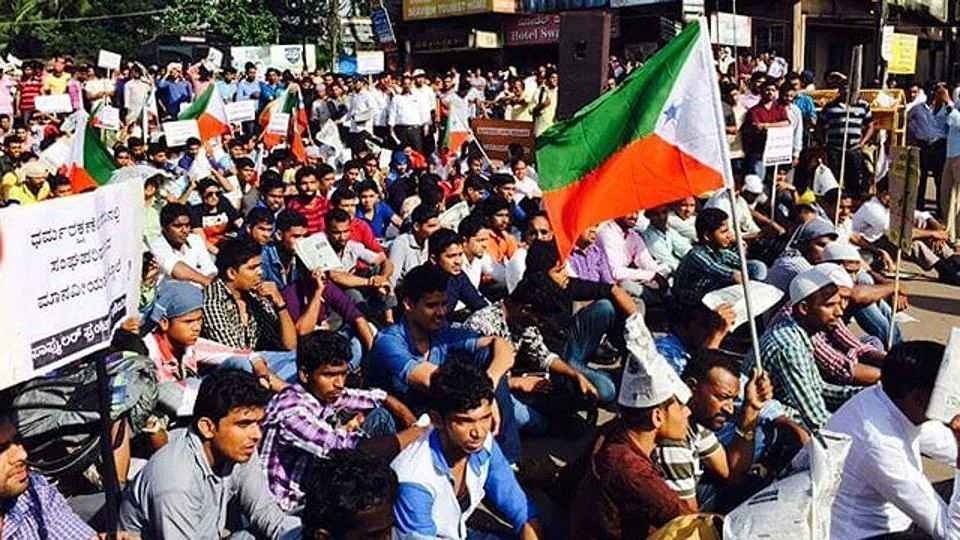
The National Investigation Agency (NIA) has uncovered links between PFI and Gulf-based organizations, suggesting a well-orchestrated plan to destabilize India's secular ethos.
Similarly, the Students' Islamic Movement of India (SIMI), banned for its extremist activities, has been accused of fostering communal tensions and engaging in anti-national operations.
These organizations, under the pretext of advocating for Muslim rights, have been involved in activities that threaten India's internal security and communal harmony.
Communist Collaboration: Ideological Symbiosis
Communist parties, particularly in states like Kerala, have been criticized for their tacit support of Islamist organizations.
Chief Minister Pinarayi Vijayan's remarks equating Jamaat-e-Islami with the Rashtriya Swayamsevak Sangh (RSS) highlight the complex interplay between leftist ideologies and Islamist agendas.
The collaboration extends to joint participation in protests and political movements, blurring the lines between secular activism and religious extremism.
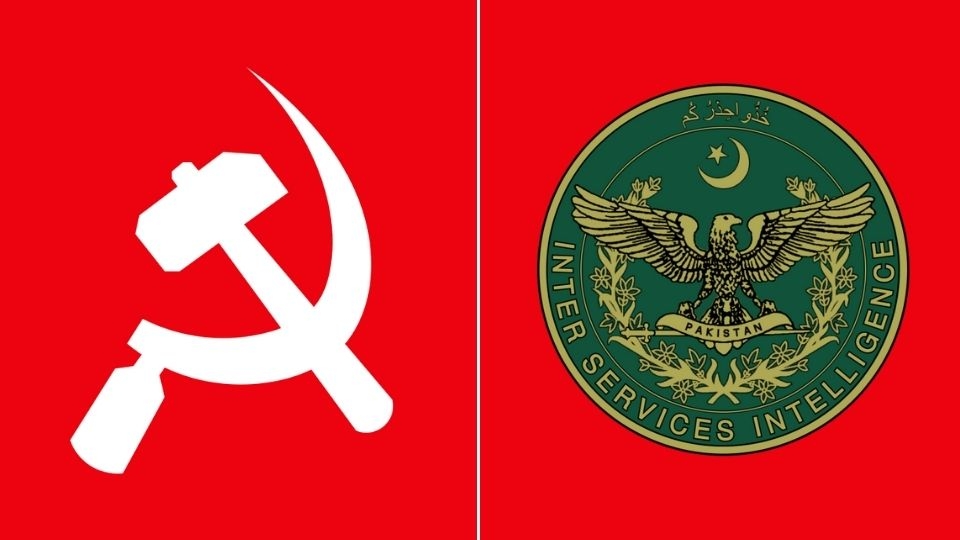
Furthermore, the CPI (Maoist) has been linked to foreign entities, including Pakistan's Inter-Services Intelligence (ISI), raising concerns about external influences on domestic insurgent groups.
The convergence of communist and Islamist objectives, particularly in destabilizing the Indian state, underscores the need for a reevaluation of political alliances and strategies.
Missionary Machinations: Conversion Under the Guise of Charity
Christian missionary organizations have long been under scrutiny for their proselytization efforts, often targeting vulnerable populations under the guise of social service.
The Niyogi Committee Report of 1956 documented instances of coercive conversions, misuse of educational and medical institutions, and exploitation of tribal communities.
Recent reports suggest that such practices continue, with foreign-funded NGOs allegedly promoting religious conversions in tribal areas, leading to social fragmentation and cultural erosion.
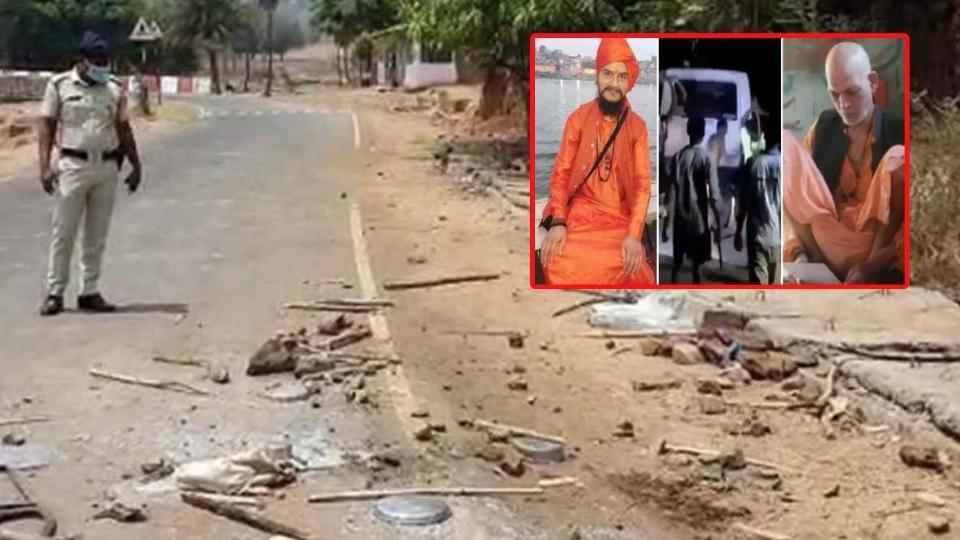
The Palghar lynching incident in Maharashtra, where two Hindu sadhus were killed by a mob, has been linked to the influence of left-wing and missionary groups inciting tribal communities against traditional Hindu practices.
Such incidents highlight the disruptive impact of missionary activities on indigenous cultures and the potential for communal violence.
The Nexus: A Coordinated Assault on National Unity
The intersection of Islamist, Communist, and Missionary agendas represents a coordinated effort to undermine India's unity and secular fabric.
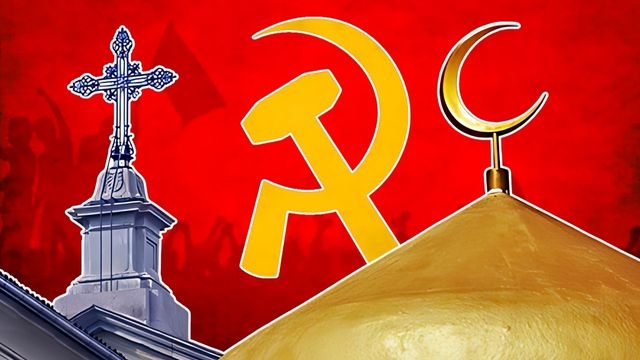
By exploiting religious sentiments, ideological divides, and socio-economic disparities, this nexus seeks to destabilize the nation from within.
The use of foreign funding, misinformation campaigns, and infiltration of educational and social institutions amplifies their influence and reach.
Expert Opinions: The Need for Vigilance and Policy Intervention
Security experts and political analysts emphasize the urgency of addressing this multifaceted threat.
A political scientist, notes, "The convergence of these groups poses a unique challenge to India's internal security. A comprehensive strategy involving intelligence gathering, community engagement, and policy reforms is essential to counteract their influence."
Legal experts advocate for stricter regulations on foreign funding of NGOs and increased transparency in the operations of religious and ideological organizations.
Community leaders stress the importance of promoting interfaith dialogue and cultural education to foster mutual respect and understanding among diverse populations.
Safeguarding India's Pluralistic Identity
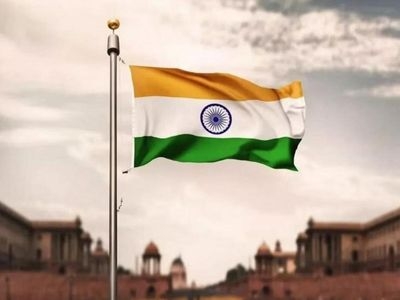
India's strength lies in its pluralistic society and democratic values.
The emerging alliance of Islamist radicals, Communist ideologues, and missionary organizations threatens to erode this foundation.
A concerted effort involving government agencies, civil society, and the citizenry is imperative to preserve national unity and uphold the principles enshrined in the Constitution.
By recognizing and addressing the challenges posed by this nexus, India can continue to thrive as a diverse and harmonious nation.